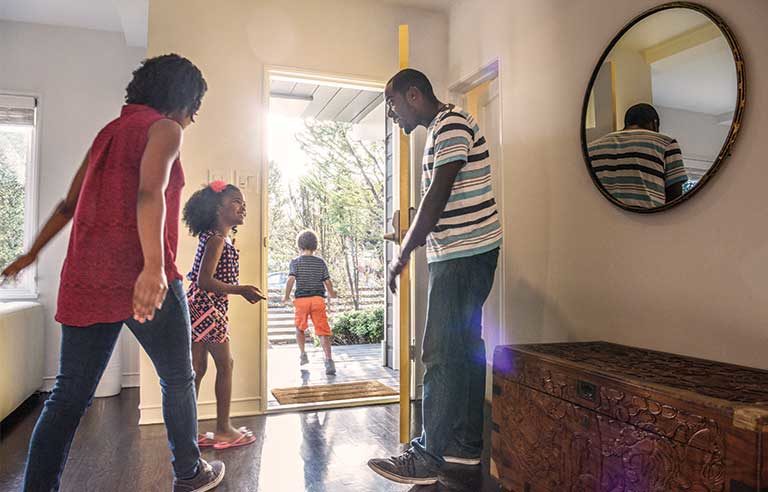Survey asks: Do you have an emergency preparedness plan?

Washington — More Americans are concerned about the likelihood of a disaster affecting their home and community, yet only around half have a disaster emergency plan in place, results of a recent annual survey show.
Commissioned by Healthcare Ready, a nonprofit group whose members are part of the U.S. health care supply chain, the online survey of 1,245 adults gauged participants’ concerns and priorities regarding disaster preparedness.
Results show that 54% of the participants are aware that a disaster could strike within the next five years – up from 51% from the previous year – but 51% don’t have an emergency plan. Of greatest concern was the impact of a natural disaster (37%), followed by terrorist attacks (16%), common disease outbreaks (7%) and cyberattacks (5%).
“More Americans expect that a major disaster will impact them or their family than in previous years,” Healthcare Ready Executive Director Nicolette Louissaint said in a recent press release, “but we’ve not seen an increase in household emergency planning alongside this awareness.
“In the past two years, we’ve experienced unprecedented disasters, including wildfires, floods and hurricanes, which severely impacted communities across the country. As the harsh realities of disaster become clearer and more frequent than ever before, we must use these learnings to pinpoint the most pressing needs within our communities ahead of time.”
Heathcare Ready recommends these tips to help prioritize preparedness:
- Discuss evacuation plans, meeting points and support for family members and neighbors, especially those who need assistance or are medically fragile.
- Prepare an emergency kit with food, water, flashlights, batteries, blankets, clothing and medical supplies in case you have to evacuate or shelter in place.
- Talk to your health care provider about managing your health conditions during a disaster.
- Keep a written list of prescriptions and dosages in a safe place.
Post a comment to this article
Safety+Health welcomes comments that promote respectful dialogue. Please stay on topic. Comments that contain personal attacks, profanity or abusive language – or those aggressively promoting products or services – will be removed. We reserve the right to determine which comments violate our comment policy. (Anonymous comments are welcome; merely skip the “name” field in the comment box. An email address is required but will not be included with your comment.)

